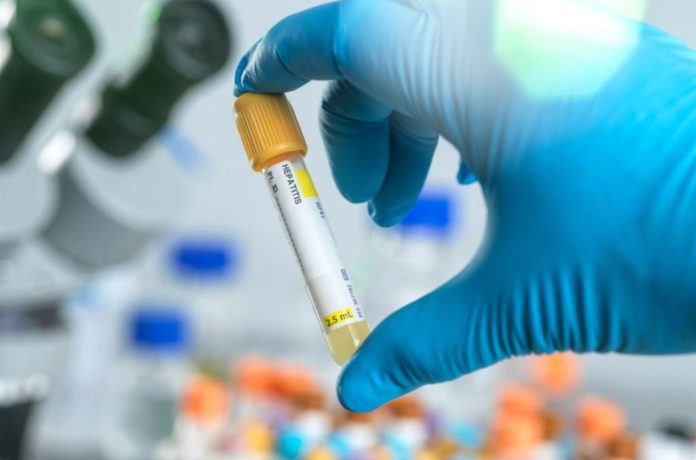Acute Cholangitis is a potentially deadly bacterial infection that is frequently associated with gallstones. Fever, jaundice, pain in the right upper quadrant, and increased liver enzymes are all symptoms.
Despite the fact that they may appear to be unique, indicative signs, alcohol-associated hepatitis symptoms are sadly more similar to them. This is a challenge to emergency room workers and other medical professionals who must identify and treat patients with abnormalities of the liver enzymes and systemic inflammatory responses.
According to a new Mayo Clinic study, the two illnesses can be distinguished by medical professionals with the help of machine learning algorithms. Researchers demonstrate how algorithms may be useful predicting tools employing a few straightforward factors and frequently accessible structured clinical information in a paper published in Mayo Clinic Proceedings.
The first author of the study, Joseph Ahn, says that “many medical providers in the emergency department or ICU struggle to distinguish acute cholangitis and alcohol-associated hepatitis, which are very different conditions that can present similarly.”
“We developed and trained machine-learning algorithms to distinguish the two conditions using some of the routinely available lab values that all of these patients should have,” Dr. Ahn adds.
With over 93 percent accuracy, the machine-learning algorithms displayed great results for discriminating between the two diseases, according to the first author.
459 patients over the age of 18 who were admitted to Mayo Clinic in Rochester between January 1, 2010, and December 31, 2019, were studied using their electronic health data. Acute cholangitis or alcoholic hepatitis was the official diagnosis for these people.
At the time of admission, ten regularly available laboratory values were gathered. After taking out the patients whose information was missing, 260 people with alcohol-related hepatitis and 194 people with acute cholangitis were left. Using these data, eight machine-learning algorithms were trained.
Using a cohort of ICU patients who visited Boston’s Beth Israel Deaconess Medical Center between 2001 and 2012, the researchers also conducted an external validation of the findings. The mentioned algorithms also fared better than doctors who took part in an online survey.
The study, according to Dr. Ahn, “highlights the potential for machine-learning algorithms to assist in clinical decision-making in cases of uncertainty.”
“There are many instances of gastroenterologists receiving consults for urgent endoscopic retrograde cholangiopancreatography in patients who initially deny a history of alcohol use but later turn out to have alcohol-associated hepatitis.
“In some situations, the inability to obtain a reliable history from patients with altered mental status or lack of access to imaging modalities in underserved areas may force providers to make the determination based on a limited amount of objective data.”
According to the study, if the machine-learning algorithms can be made easily accessible via an online calculator or smartphone app, they may assist medical personnel who are confronted with an acutely unwell patient with abnormal liver enzymes.
According to Dr. Ahn, this would benefit patients by improving diagnostic accuracy and decreasing the amount of unnecessary invasive procedures or additional tests that could delay getting the right diagnosis or put them at risk for unneeded problems.
Image Credit: Getty
You were reading: A New Way To Distinguish Acute Cholangitis Vs Alcoholic Hepatitis, Study Finds
